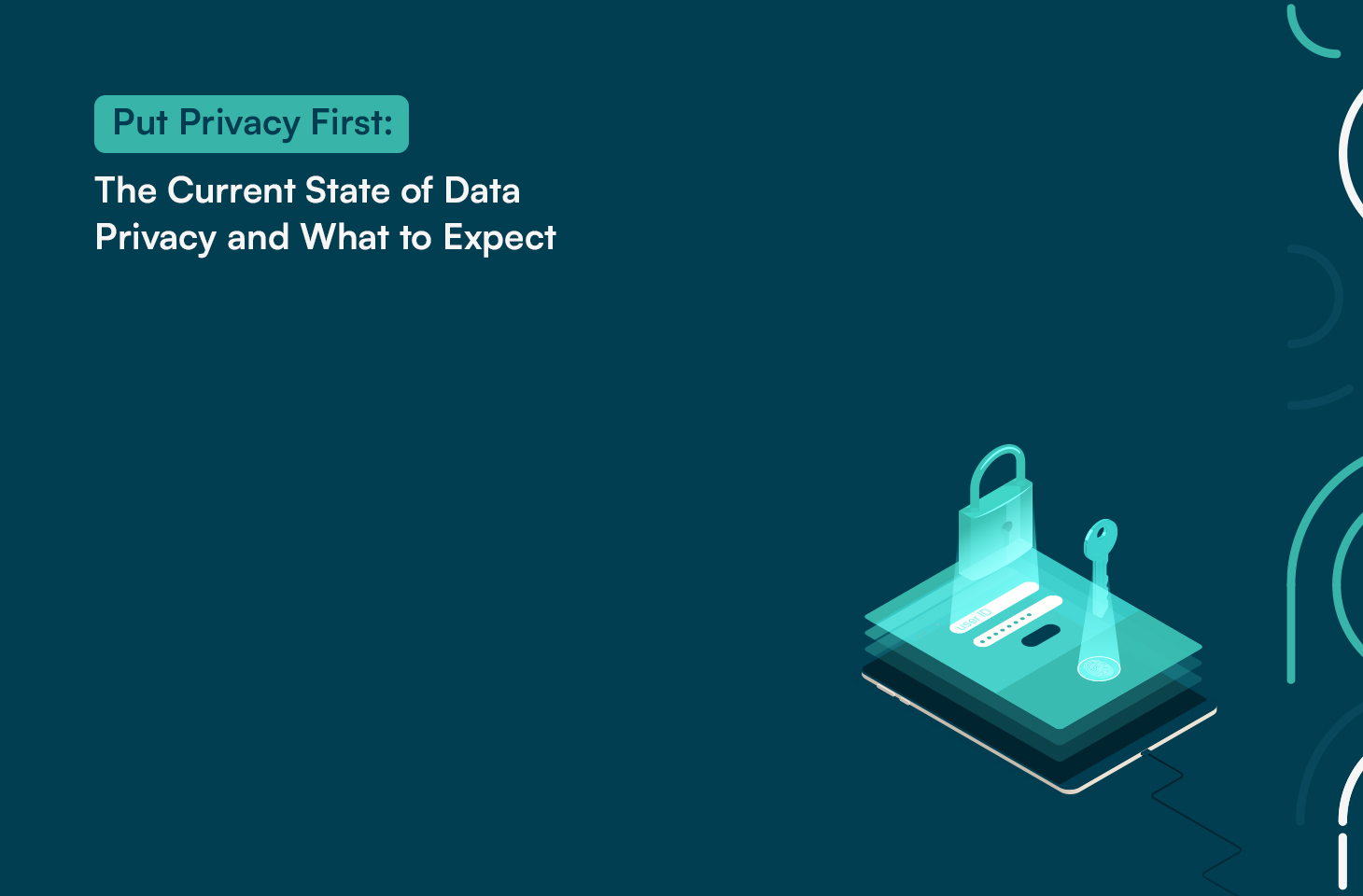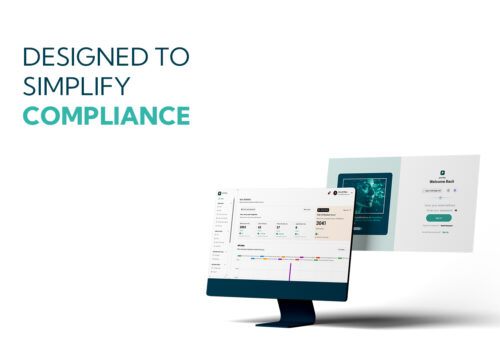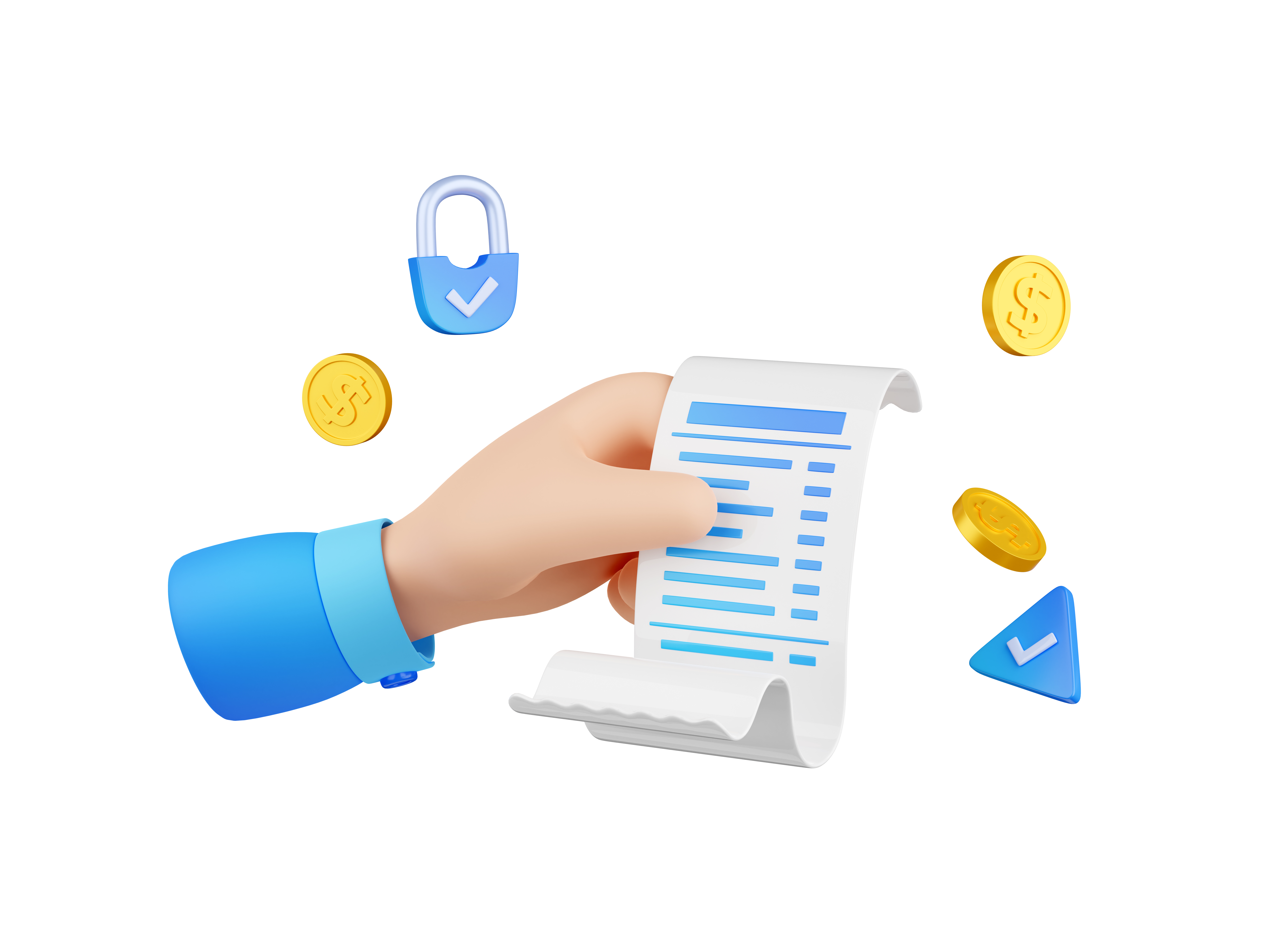This Data Privacy Week, the theme “Put Privacy First” is a powerful reminder that safeguarding personal information is no longer optional but an absolute necessity. With the global digital economy projected to reach $20.8 trillion by 2025, data has become one of the most valuable assets for businesses. Companies handling sensitive information, such as those involved in KYC (Know Your Customer) and KYB (Know Your Business) processes, are at the forefront of this responsibility.
The numbers paint a stark picture. According to IBM’s 2023 Cost of a Data Breach Report, the average cost of a data breach reached $4.45 million globally—a 15% increase over the past three years. Over 83% of organizations studied reported experiencing more than one breach, and personal customer data was compromised in 44% of these incidents. This highlights the urgent need for companies to prioritize privacy and strengthen their defenses.
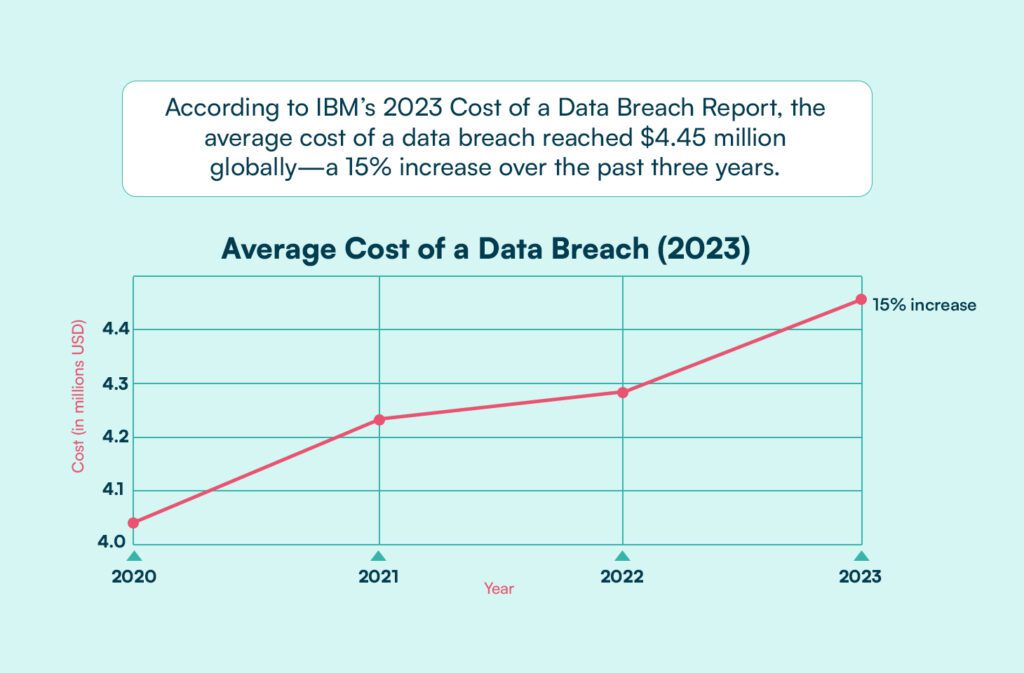
Consumer trust is also on the line. A recent survey by Cisco revealed that 81% of consumers believe the way a company treats their data is a reflection of how much they value their customers. Meanwhile, 48% of respondents have switched companies due to privacy concerns. These figures underscore the growing expectation for businesses to act responsibly with customer data and adopt transparent practices.
Compounding this is the rise in regulatory scrutiny. With over 137 countries enacting data protection and privacy laws as of 2024, businesses must navigate a complex web of compliance requirements. The stakes are high, as penalties for non-compliance are severe. For example, under the EU’s General Data Protection Regulation (GDPR), fines can reach up to €20 million or 4% of global annual turnover, whichever is higher.
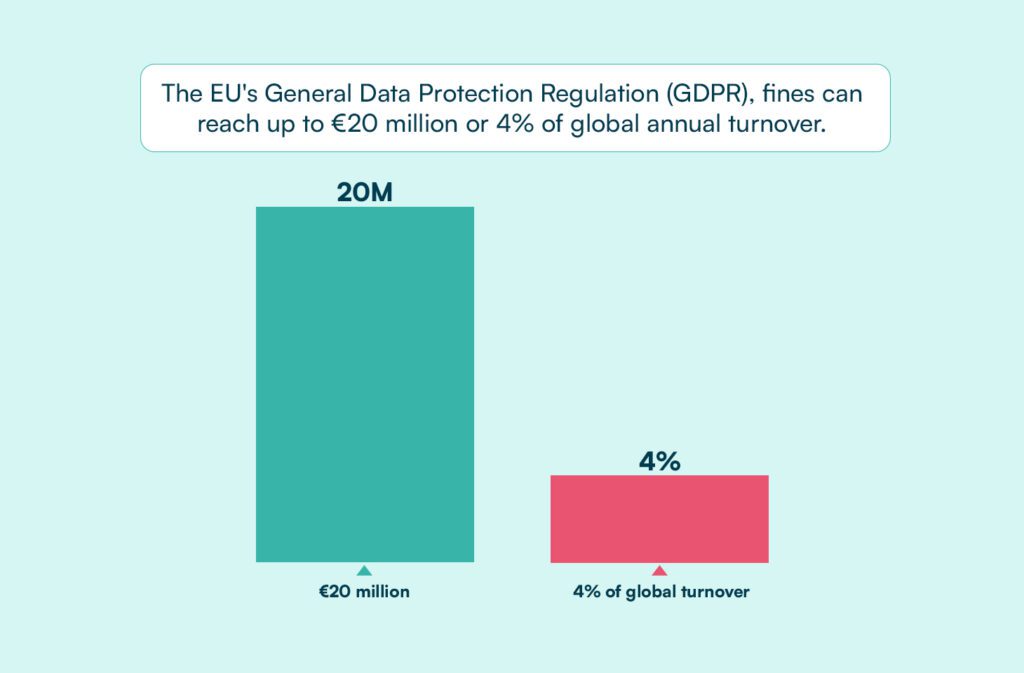
Data privacy is not just about avoiding fines or preventing breaches. It is a critical factor in building competitive advantage. Companies that “put privacy first” gain trust, foster loyalty, and enhance brand reputation, which is essential for long-term success in today’s increasingly privacy-conscious world.
The Current State of Data Privacy
Data privacy is at a turning point. Organizations worldwide face unprecedented challenges as they navigate an environment defined by evolving threats, stricter regulations, and shifting consumer attitudes.
- Frequent Data Breaches
Reports from the Identity Theft Resource Center (ITRC) reveal that 2023 recorded over 1,800 data breaches in the United States alone, exposing more than 422 million records. The most common causes include phishing attacks, misconfigured databases, and vulnerabilities in third-party systems. - Complex Compliance Requirements
Regulations such as the GDPR, California Consumer Privacy Act (CCPA), and China’s Personal Information Protection Law (PIPL) demand transparency and accountability. Businesses operating globally must reconcile these laws’ differences, which can be overwhelming. - Growing Cybersecurity Threats
Cybercrime is predicted to cost the world $10.5 trillion annually by 2025, according to Cybersecurity Ventures. Ransomware attacks, data theft, and insider threats are increasing in frequency and sophistication.
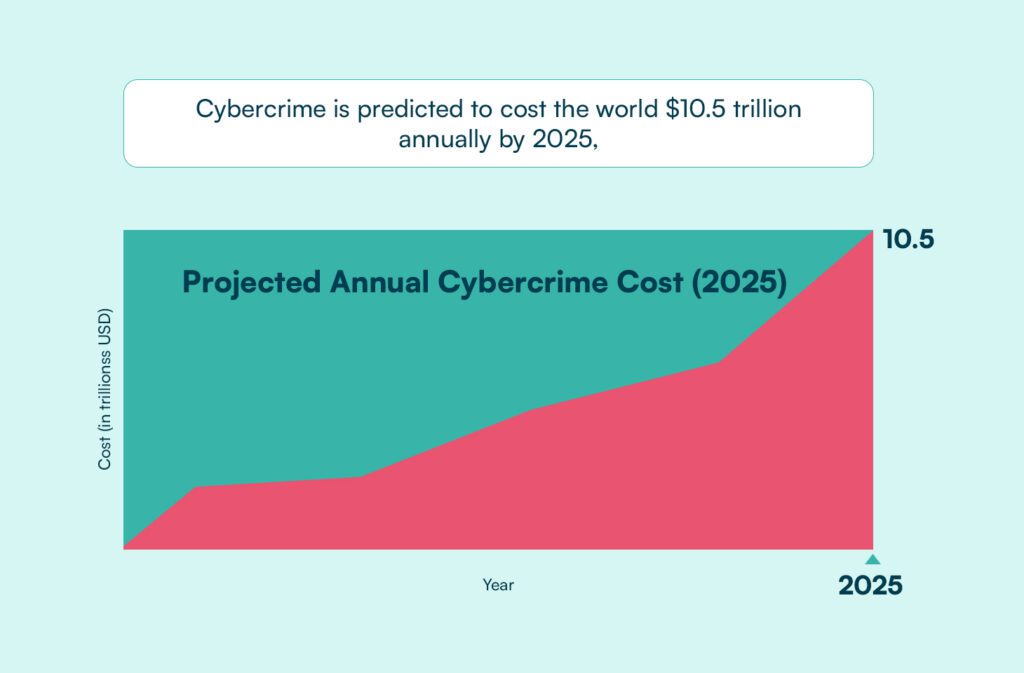
- Shift in Consumer Expectations
Consumers demand more control over their data. The Apple App Tracking Transparency framework and Google’s Privacy Sandbox initiative reflect this trend, putting the power back in users’ hands while forcing companies to rethink their data strategies. - Remote Work and Data Proliferation
The COVID-19 pandemic accelerated the shift to remote work, resulting in sensitive data being dispersed across personal devices, cloud storage, and unsecured networks. This amplifies risks and necessitates stronger data governance measures.
What to Expect in the Future
Data privacy will continue to evolve as emerging technologies and societal trends reshape how data is collected, stored, and used. Businesses must prepare for the following:
- Tougher Global Regulations
Expect more governments to adopt laws similar to GDPR. In 2024, the Data Act and Digital Services Act in the EU are set to introduce stricter rules on how data is processed and accessed. - Artificial Intelligence in Privacy
AI-driven tools will enable companies to monitor, analyze, and secure data at unprecedented levels. Privacy-preserving technologies like differential privacy and federated learning will gain traction. - Decentralized Data Ownership
Blockchain technology will likely play a bigger role in enabling individuals to retain control over their data. Decentralized systems may reduce reliance on centralized databases, minimizing risks of mass breaches. - Proactive Consumer Engagement
Companies will need to empower consumers by offering intuitive tools for managing consent and understanding how their data is used. Transparency will become a competitive differentiator. - Integration of Privacy by Default
Businesses will incorporate privacy safeguards from the outset of product and service design, making data protection intrinsic to their operations rather than reactive.
Practical Steps to Put Privacy First
- Conduct Comprehensive Data Audits
Identify all the personal data your company collects, where it is stored, and how it is used. Regularly update this inventory to eliminate unnecessary data and minimize risks. - Invest in Employee Education
Equip your workforce with the knowledge to handle sensitive data responsibly. For instance, teach employees to recognize phishing attempts and securely manage customer information. - Adopt Advanced Security Measures
Implement multi-factor authentication, end-to-end encryption, and real-time threat monitoring to safeguard data. Regularly test systems for vulnerabilities through penetration testing. - Create Transparent Privacy Policies
Make your data handling practices clear to customers. Publish policies that explain, in simple terms, how their information is used and stored. - Partner with Compliant Vendors
For businesses practicing KYC/KYB, work only with third-party providers like Prembly that meet global privacy standards. Conduct regular vendor assessments to ensure ongoing compliance. - Adapt to New Technologies
Stay informed about emerging privacy-enhancing technologies. Incorporate tools like AI-based data anonymization or blockchain for added security and control.
Insights from our Team Members

- Oreoluwa Ajayi
“As a business, regardless of your size or industry, prioritizing data privacy is essential. In today’s world, where digital data holds as much value as physical assets, it’s imperative to implement robust data protection measures. This includes establishing a solid data security protocol, enforcing strict information security policies, employing cybersecurity experts, ensuring GDPR compliance, and collaborating with trusted data security partners.”
- Christine Mwaura
“Companies must establish internal data privacy measures and policies, including training employees on the importance of data privacy, proper data handling procedures, and maintaining confidentiality. As consumers become more aware of data privacy, they demand greater transparency and control over their information. Businesses must clearly communicate with customers what data is collected, why it is needed, and how it will be used.”
- Niyi Adegboye
“Building a comprehensive security infrastructure can greatly reduce the risks of unauthorized access, data breaches, and cybercrime in Africa, ensuring the protection of sensitive information.”
Insights from Compliance Experts

- Ken Kanyarati, Legal and Compliance Director, ABSA Bank, Kenya
“The banking sector has implemented several measures to protect user data privacy, but as technology advances, we must continue to adapt. It’s crucial to explore new ways to secure user information, such as integrating biometric capabilities, multi-factor authentication (MFA), and other advanced security solutions.”
- Ayomide Olupitan- COO, Loma Bank
“As digital businesses, it’s essential to adopt a privacy-by-design approach. From the earliest stages of development, prioritize the data privacy of your customers and partners, including their behavioral data. Focus on key practices such as data minimization, encryption, and enforcing strict access controls.”
- Edouard Docteur- Chief Service Delivery Officer Global Voice Group
“Businesses and organizations must collaborate with the government to establish effective frameworks that prevent the misuse of private data by third parties. Government agencies responsible for data should simplify and streamline processes for data validation and verification. Additionally, efforts should focus on raising user awareness about data privacy and conducting regular audits to drive ongoing improvements in data security practices.”
- Daniel Anyaegbu, CTO, Sycamore.NG
“When collecting data, businesses should only gather the information necessary for their operations. It’s equally important to keep users informed about why specific data is being requested and how it will be used. The focus should always be on maintaining transparency.”
A Question for You…
How prepared is your company to adapt to the future of data privacy? By putting privacy first, you can protect your customers, ensure compliance, and build trust in an era where privacy is non-negotiable.
Schedule a meeting to speak to our compliance experts. We’d be glad to offer our professional services to you.


